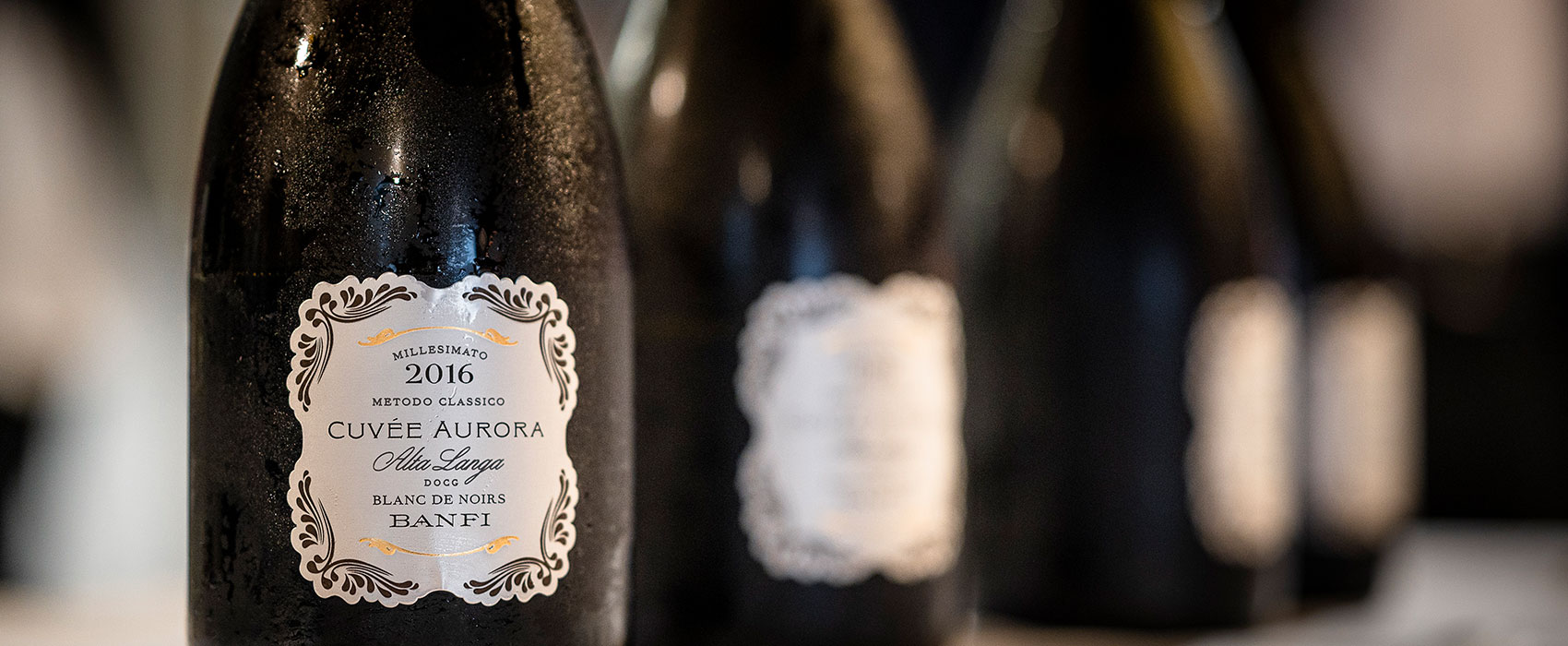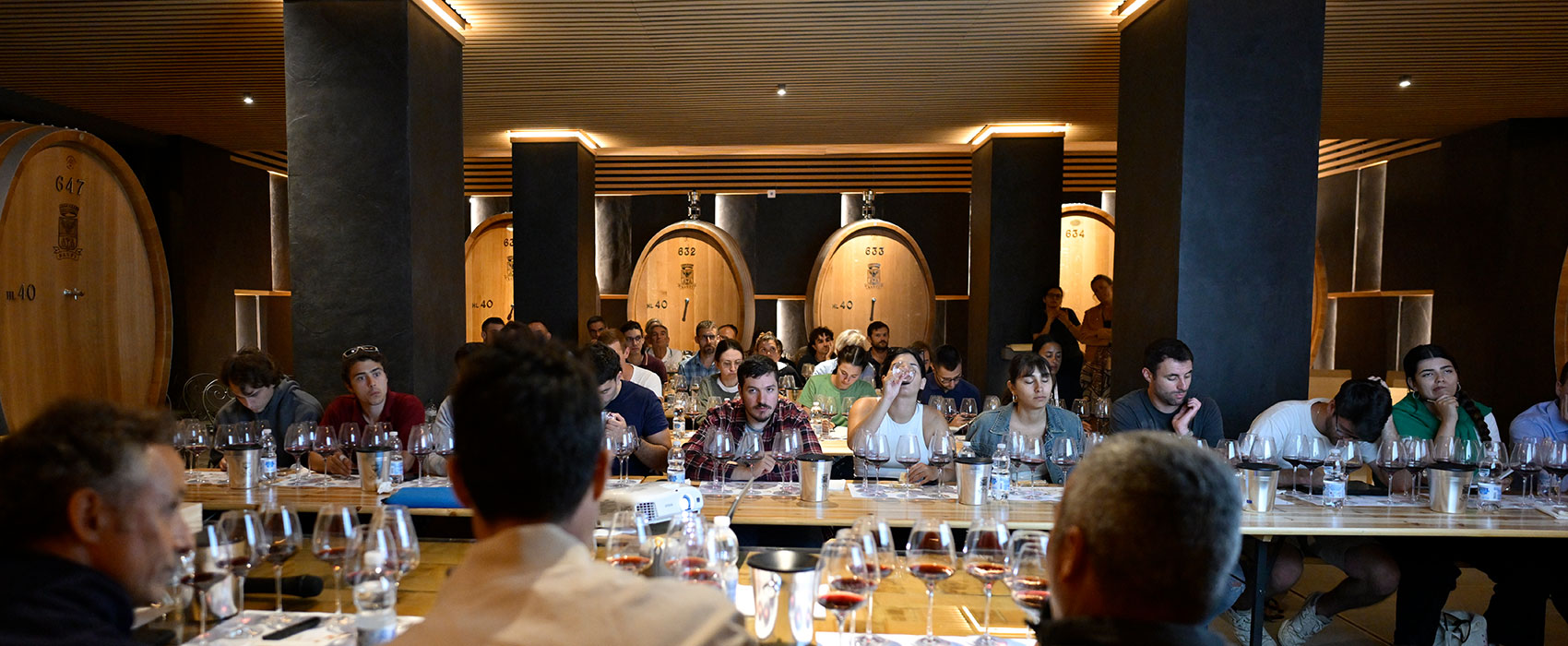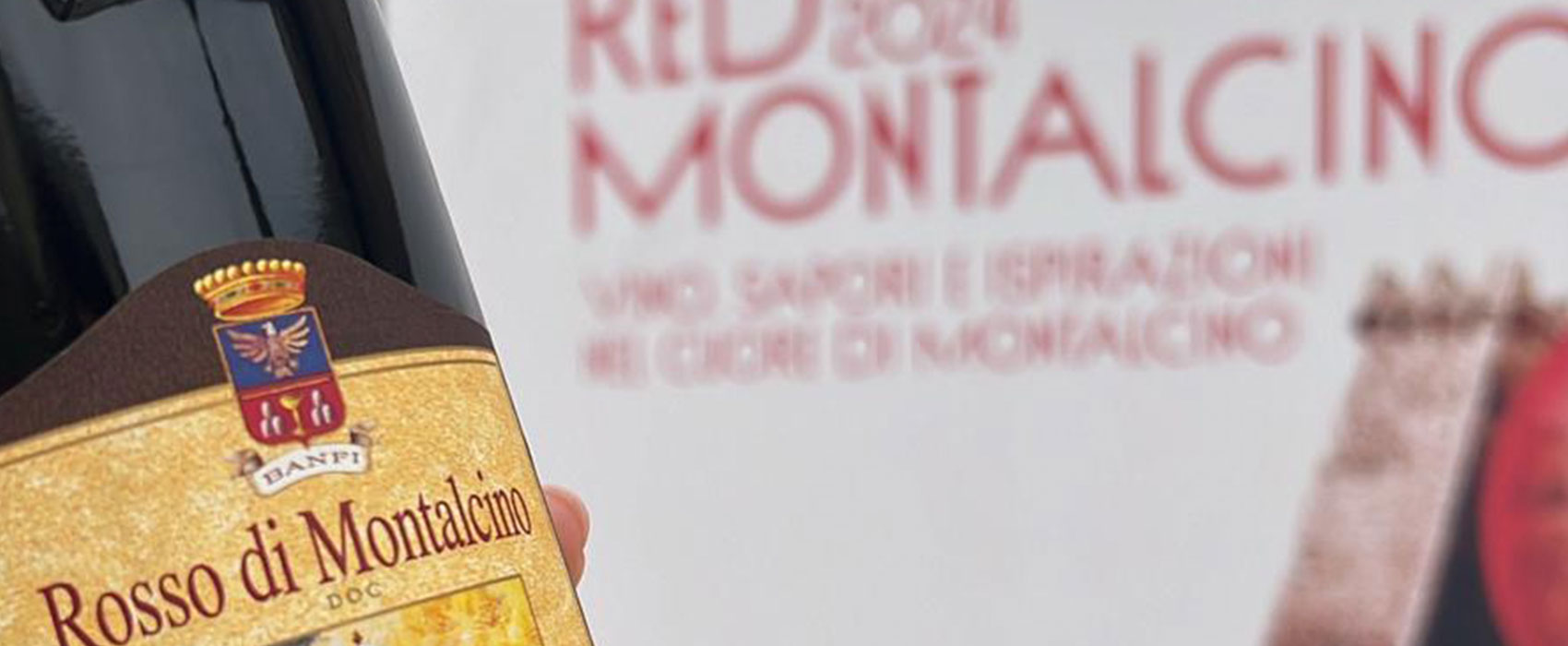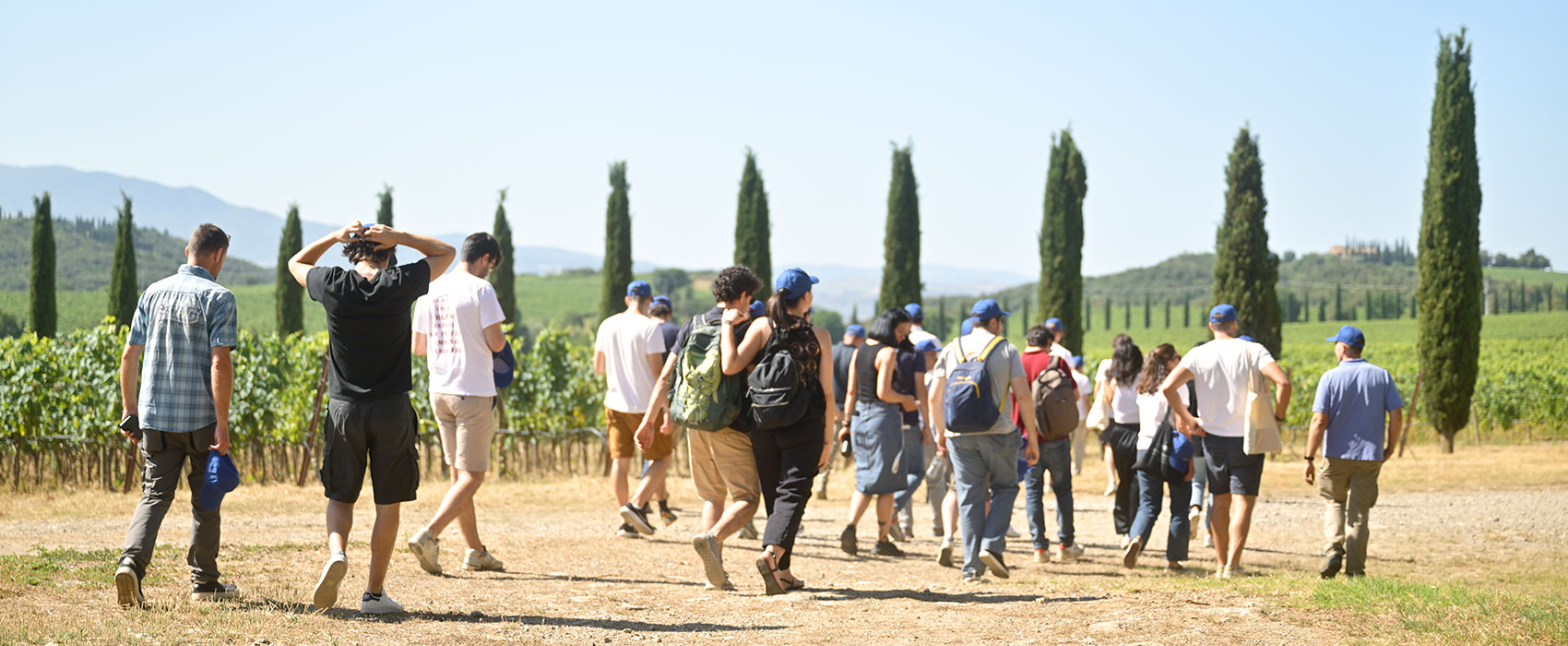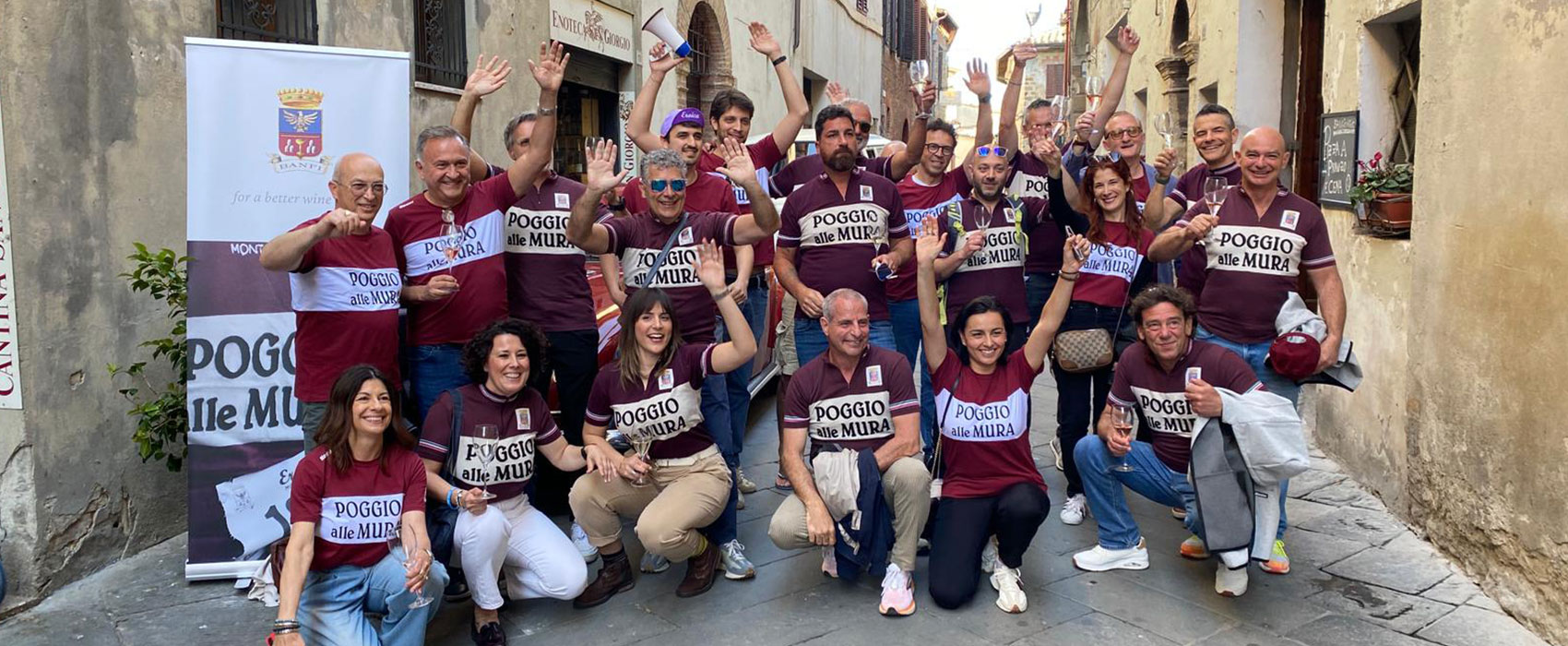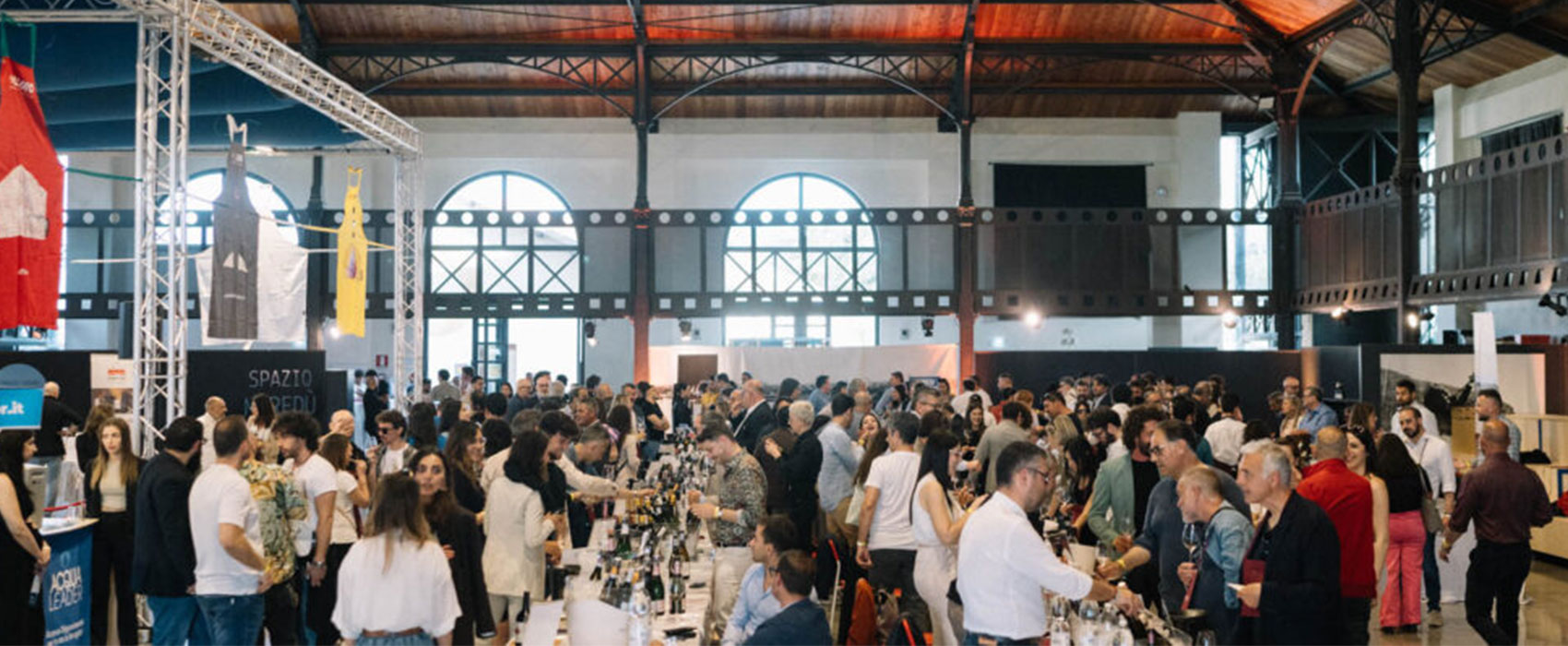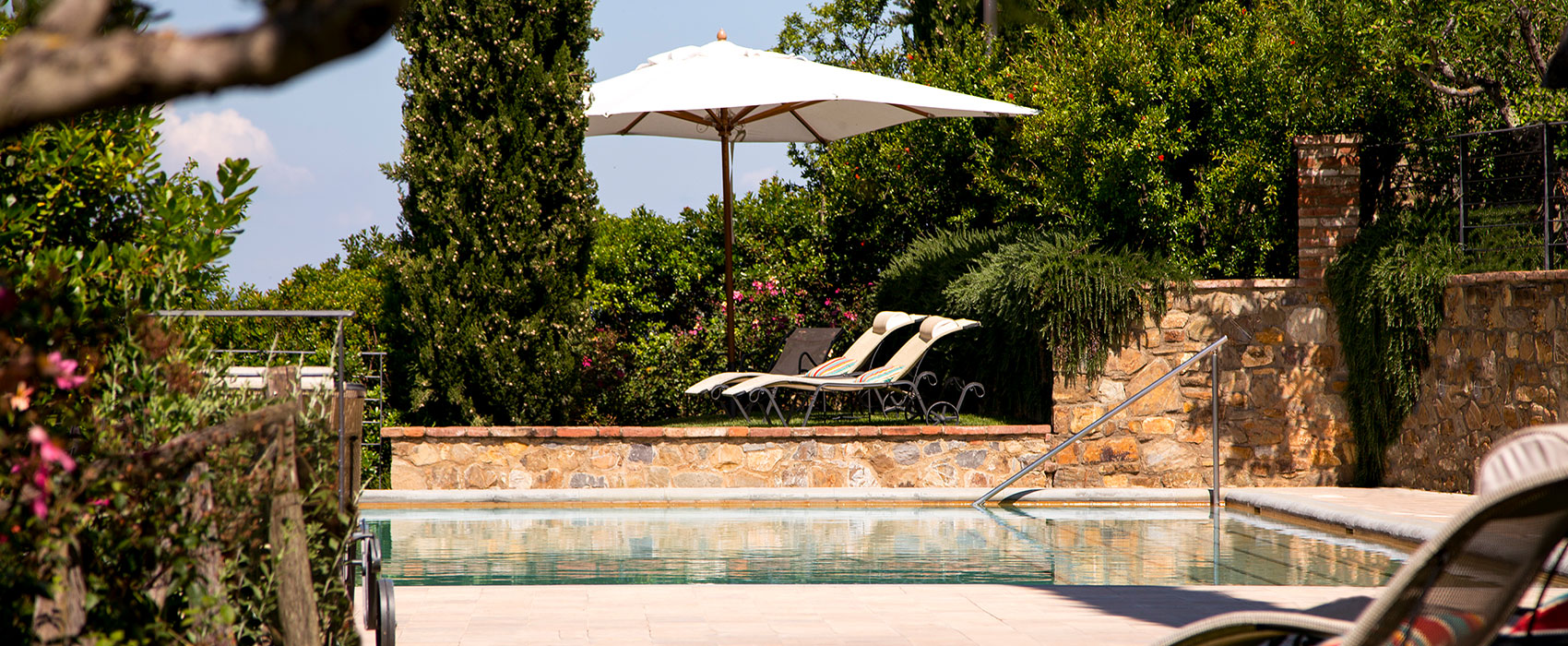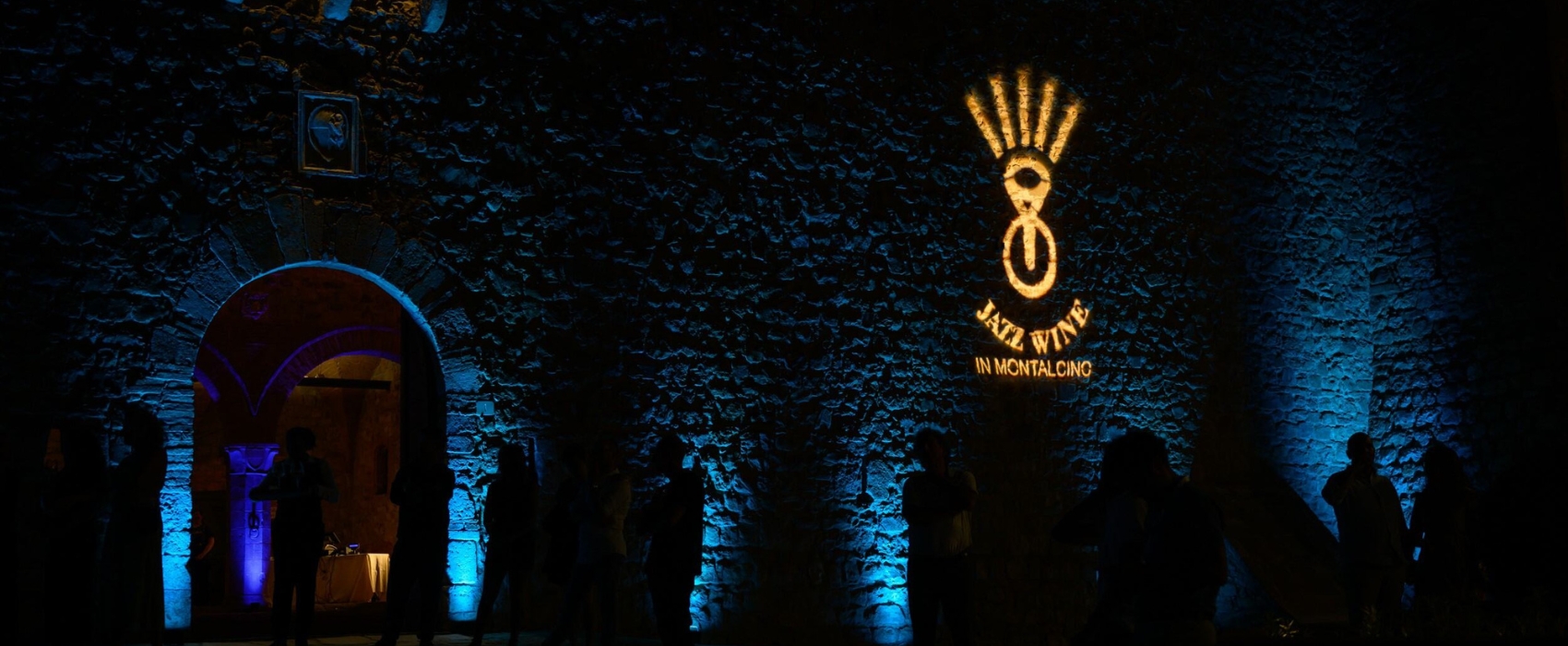Banfi present at Alta Langa 2025, the B2B event dedicated to the excellence of Piedmont’s sparkling wines.
Held in the elegant setting of Spazio Field – Palazzo Brancaccion the heart of Rome, the day brought together trade professionals and press for tastings and direct conversations with producers.
It was the perfect opportunity to showcase our vision of Piedmont’s Metodo Classicothrough the elegance and character of our Alta Langa DOCG cuvées: Alta Langa DOCG:
Cuvée Aurora Extra Brut
Cuvée Aurora Rosé
Cuvée Aurora Blanc de Noirs
Cuvée Aurora Riserva 100 Mesi
Events like this allow us to present Banfi’s sparkling wine philosophy to an expert audience—one rooted in quality, innovation, and a strong sense of place.

